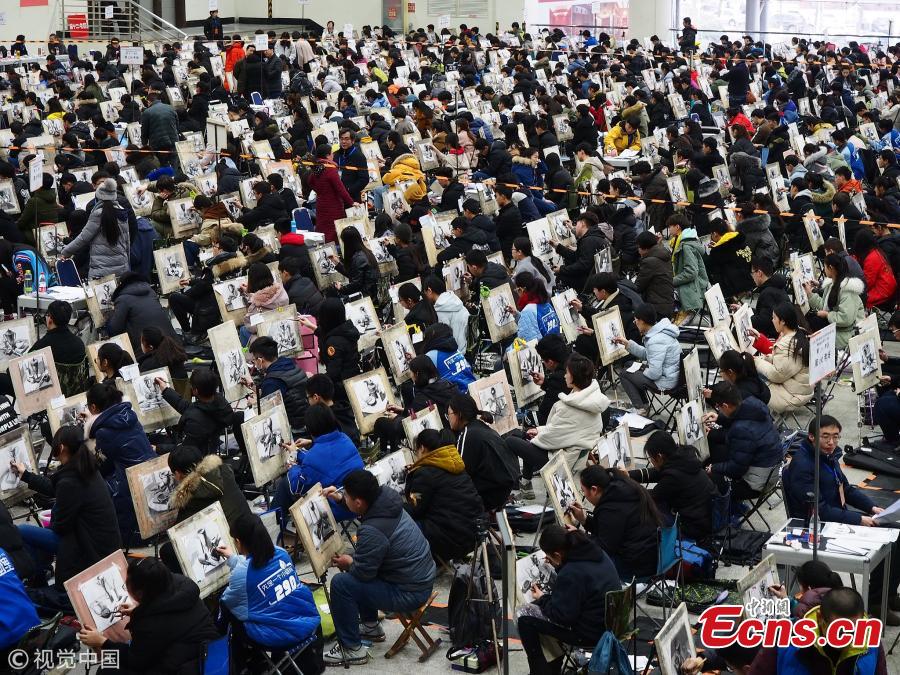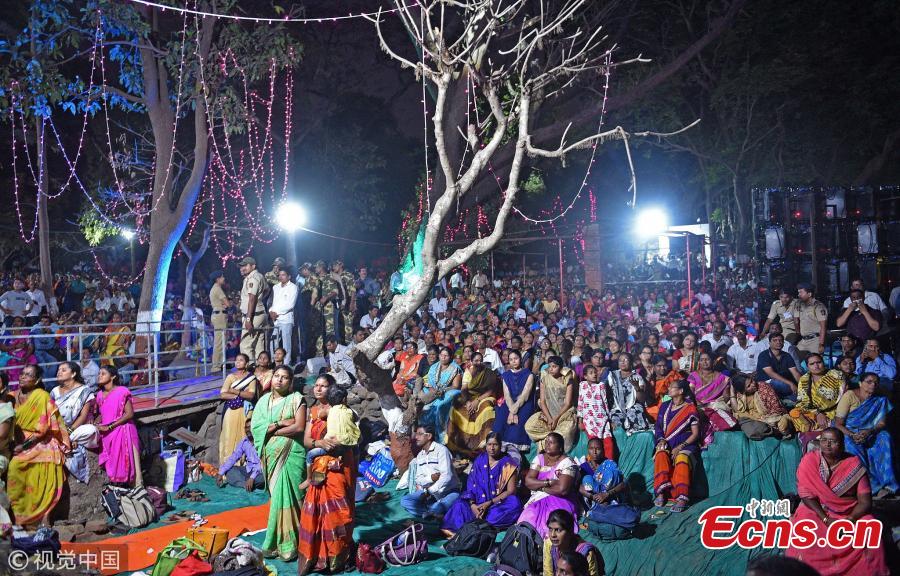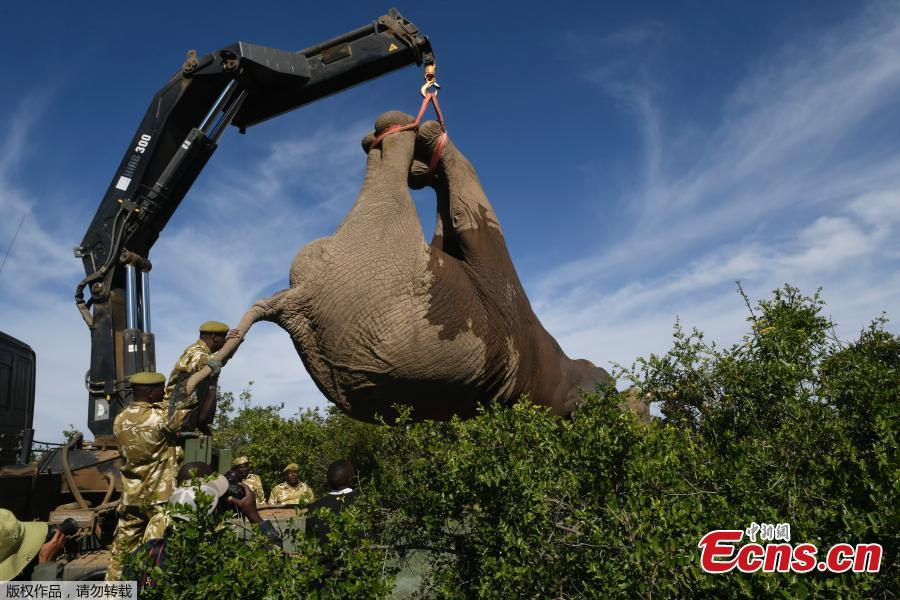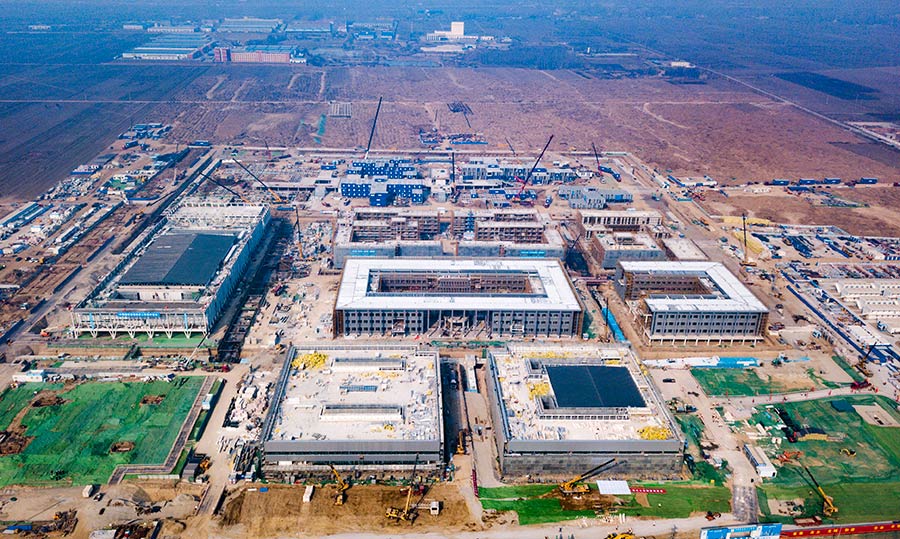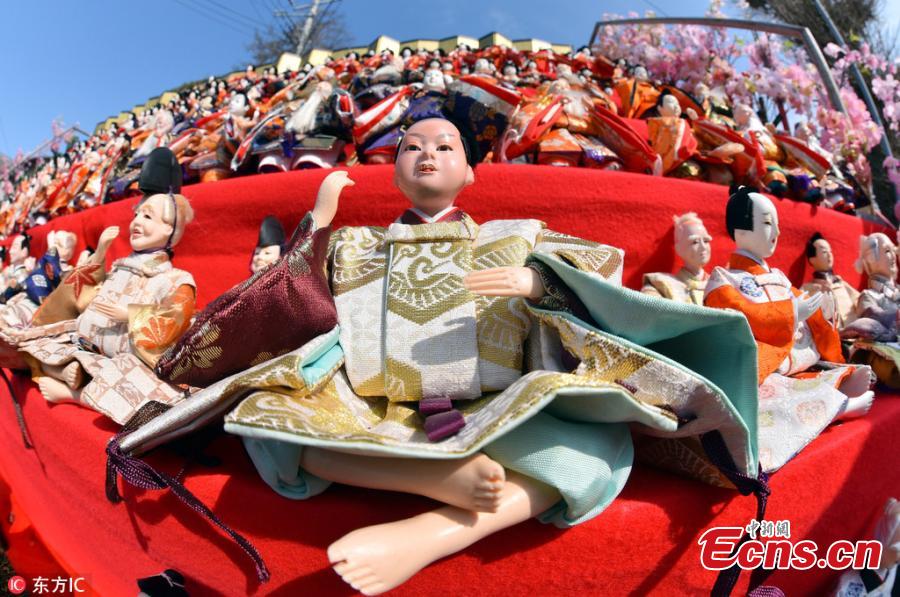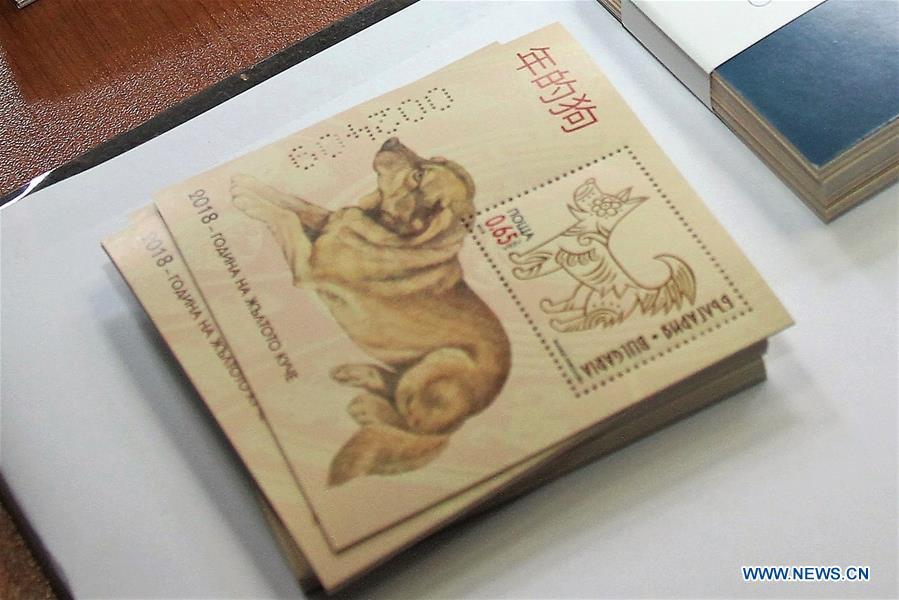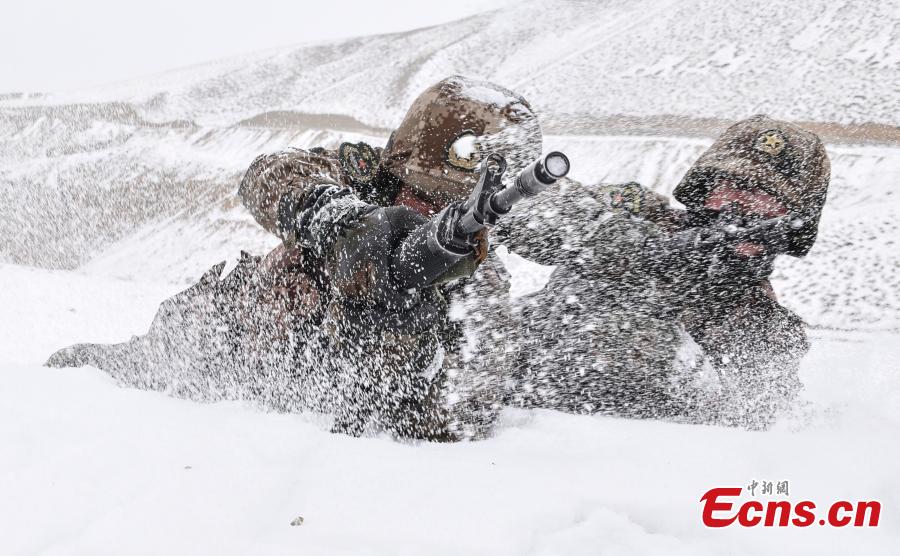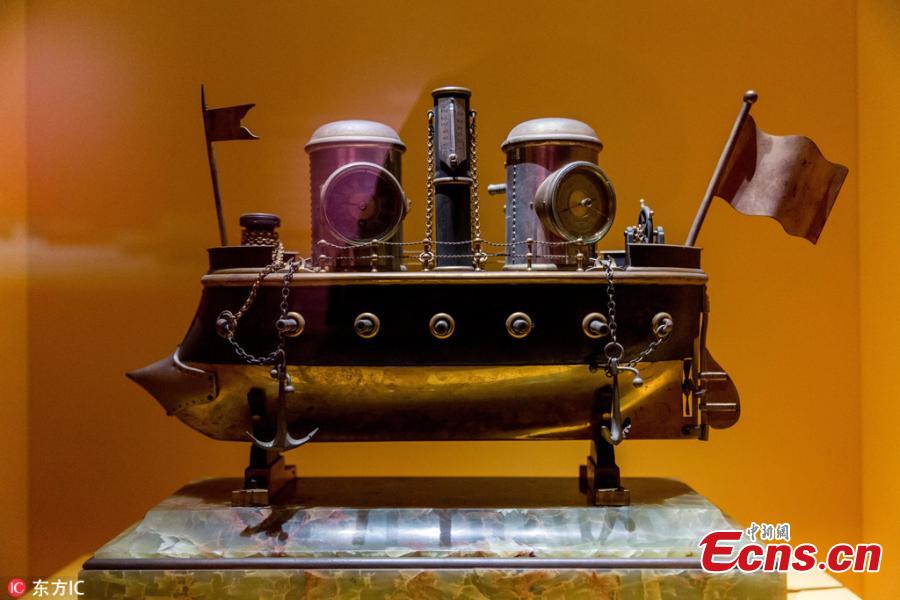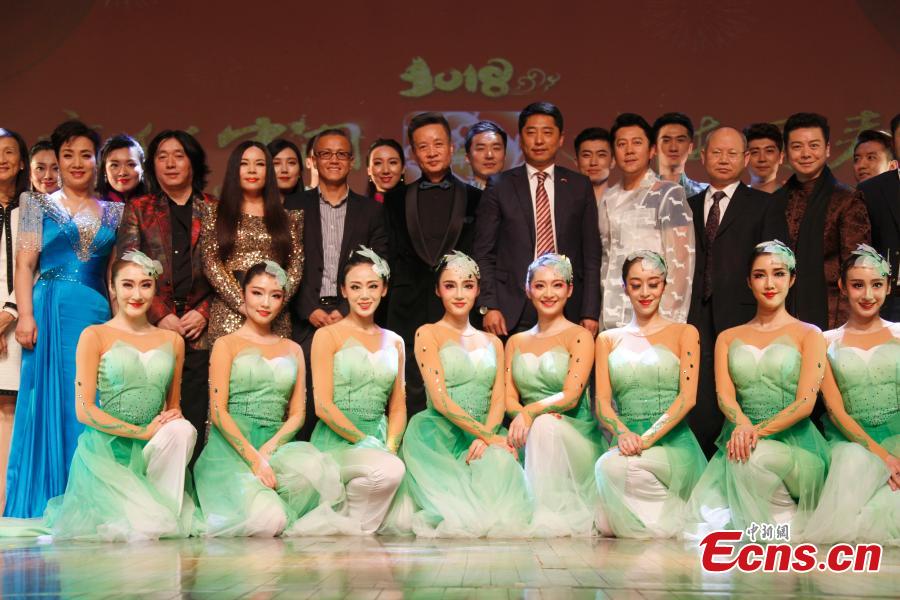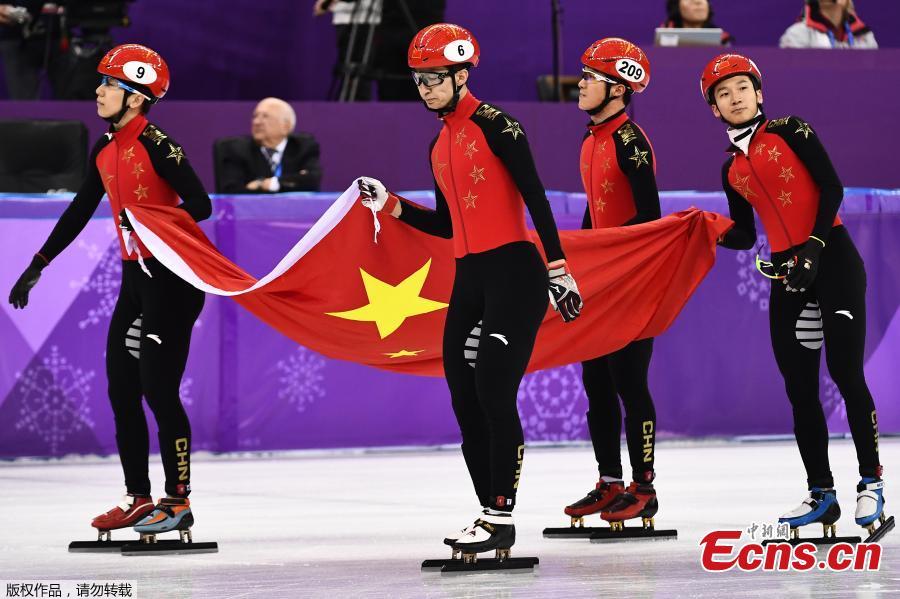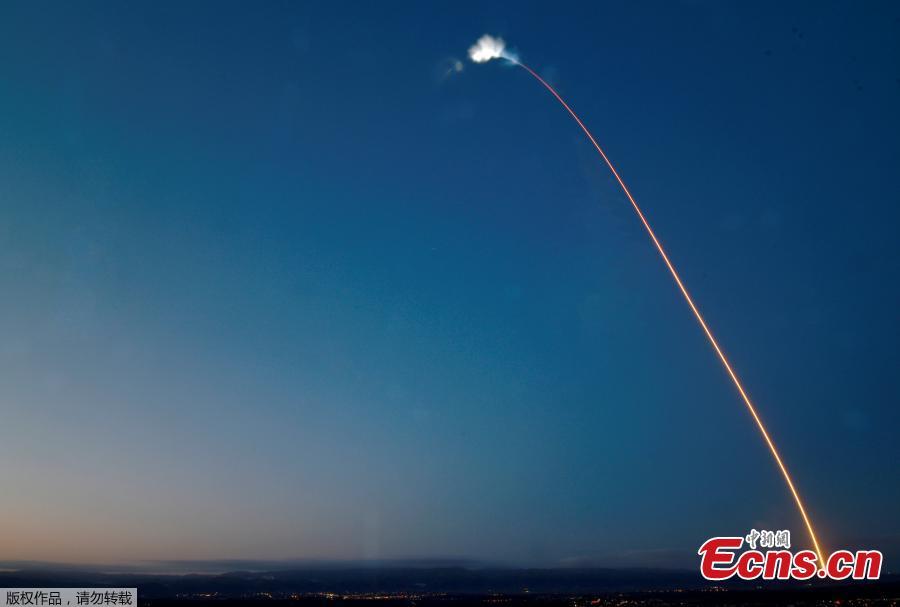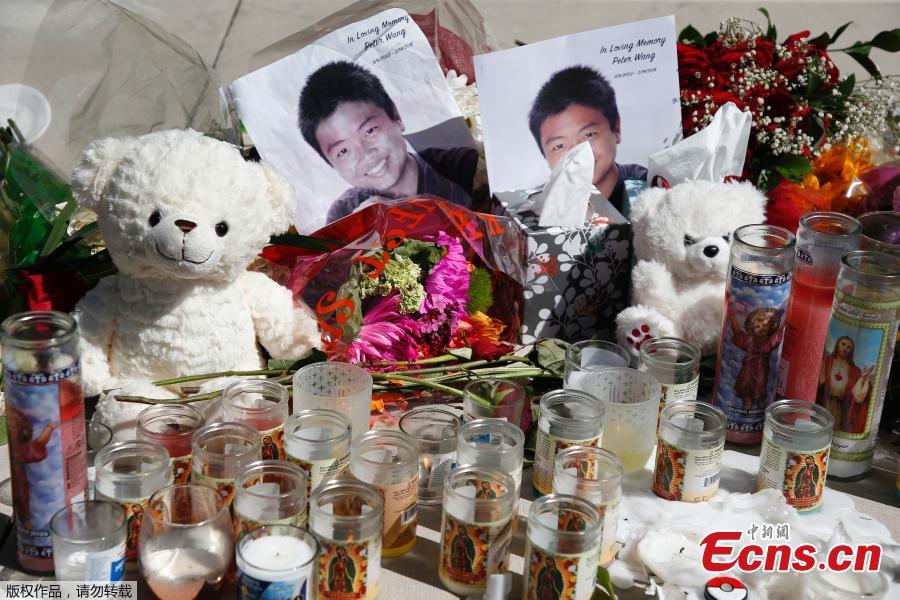Washington's latest troupe of sanctions on Pyongyang would serve as a indisputably undesirable gesture and risk undercutting the current international effort to lower the temperature on the Korean Peninsula.
The sanctions, the "largest" and "heaviest" ones rolled out by the Trump administration to punish those who Washington believed were relevant to funding Pyongyang's nuclear program, came together with his threat to push the United States for "very unfortunate" military option, when the prospect for inter-Korean talks is on the rise.
It is not hard to smell Washington's disappointment after a year of its "maximum pressure" strategy failed to get the Democratic People's Republish of Korea (DPRK) to cave in and return to the negotiating table.
Whatever the DPRK's response would be, the Trump administration's bigoted favor for the "stick" still sends a disturbingly ominous message to the world that the chance for peace through Olympics is brittle.
There is quite a large odd that these gestures may turn out to be another doomed attempt.
Despite its pledge of not seeking "regime change" in Pyongyang, the U.S. persistent pursuit of aggressive rhetoric and military drills proved to have fortified the DPRK's sense of insecurity, rather than mollify it.
The latest round of sanctions and joint military exercises to be held possibly right after the end of the Winter Olympics, go against the spirit of relevant UN Security Resolutions that call for talks, and would do little to narrow the trust gap between Washington and Pyongyang.
Also, these moves run counter to the U.S. claimed commitment to dialogue without conditions.
The U.S.-DPRK direct engagement urges constructive involvement of both sides. Nothing can be more inopportune and counterproductive than backpedaling against the international mediating efforts and rejecting the chance for dialogue.
The only possible way to reduce tensions on the Peninsula is through talks. At such a key moment, all related sides should showcase their sincerity to maintain the current positive momentum on the Peninsula and to make substantial contribution to reopening these much-needed dialogues.
For Washington, there is no better alternative to showcase its sincerity to help make peace in the region than stop saber-rattling and muscle-flexing.
The fragile balance of power and chance of peace in the Peninsula cannot afford bellicosity and the vicious circle it creates anymore.









